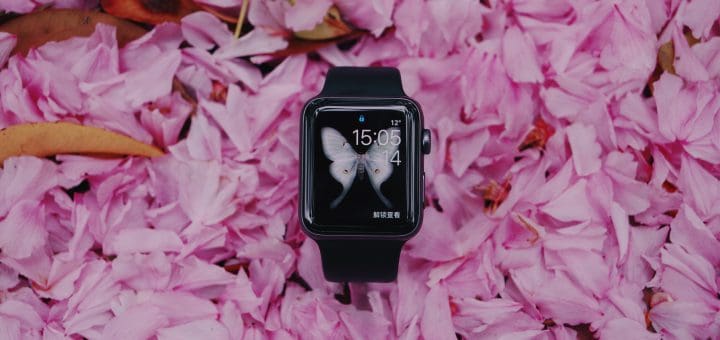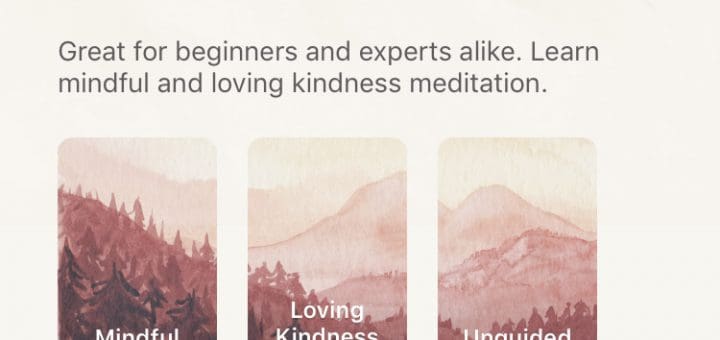Using Your Watch to Practice Deep Breathing
There are tons of breathing and meditation apps available online (we’ve covered a few of them before if you want some suggestions!). If you’re running out of space, unsure which one is best for you, or just want something that’s convenient, finding a tool to help guide you with your breathing to help you get or stay calm may be easier to find than you think.











Recent Comments